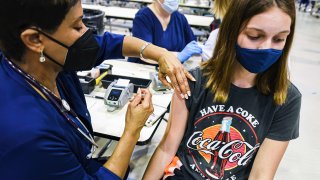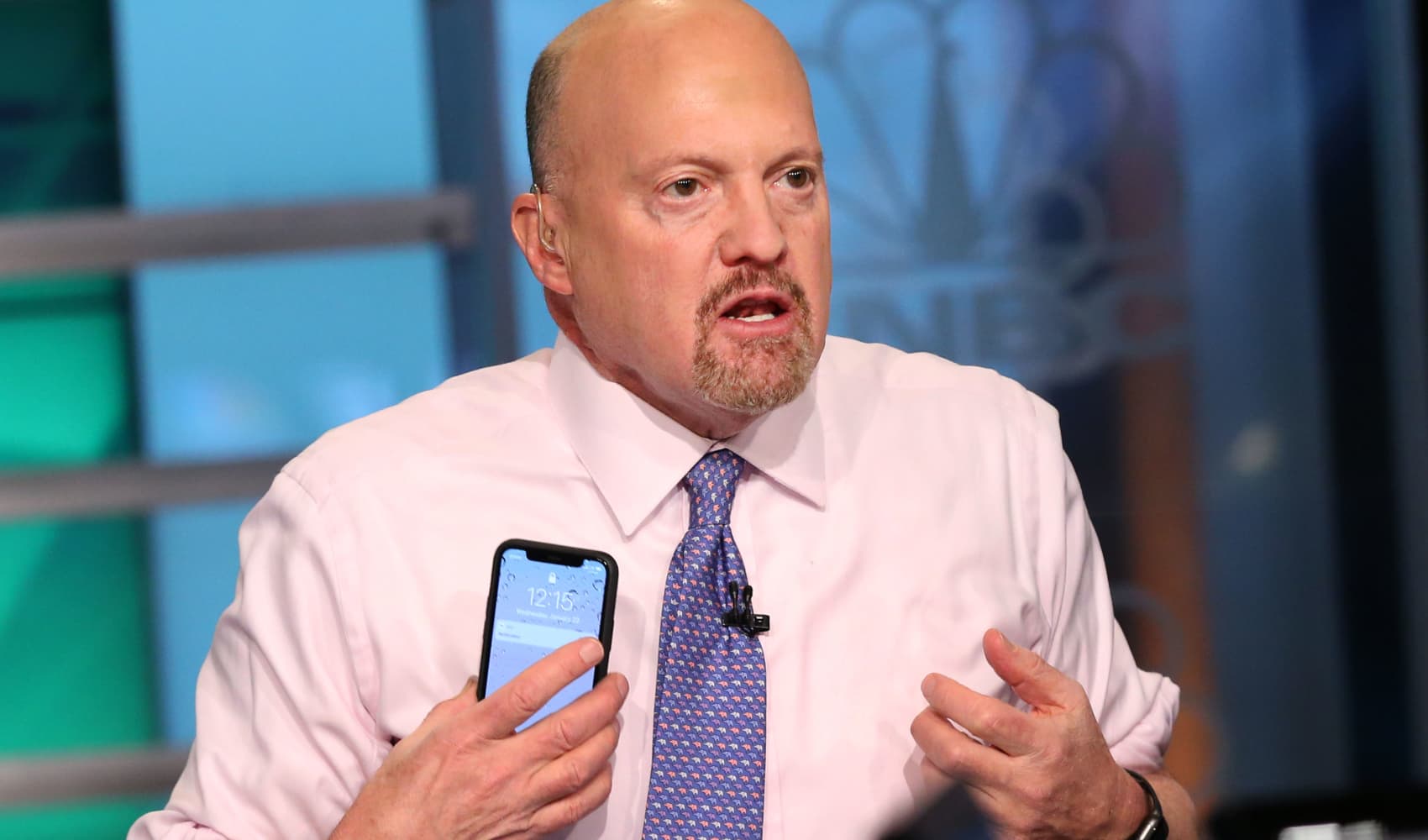
Children ages 5 to 11 will be able to get a Covid-19 vaccine after the CDC cleared Pfizer's doses for younger kids Tuesday night, allowing many parents across the U.S. to breathe a sigh of relief.
CDC Director Dr. Rochelle Walensky, authorized the vaccine hours after a unanimous recommendation by the agency's Advisory Committee on Immunization Practices. Vaccinations for young kids are expected to begin immediately.
Some parents have been counting down the minutes until U.S. regulators clear the shots, so their kids can get back to "normal" in-person learning, sports and other extracurricular activities that were largely put on hold due to the pandemic.
Get top local stories in San Diego delivered to you every morning. >Sign up for NBC San Diego's News Headlines newsletter.
The vaccine will be given to kids in smaller doses, one-third of the dosage given to teens and adults.
"Too many children have either lost a parent or become orphaned in this pandemic, which is incredibly tragic," committee member Dr. Camille Kotton said just before the vote. "So as an infectious disease specialist and a mother who has vaccinated both of her children, I am fully supportive of recommending this vaccine for this age cohort."
Money Report
Children are generally less likely than adults to suffer from severe cases of Covid, but a small portion of them do, Walensky told the committee prior to the vote. At least 2,316 kids ages 5 to 11 have suffered from multisystem inflammatory syndrome in children, or MIS-C, a rare but serious Covid-related complication, according to data shared by the CDC at the meeting.
In addition, there have been at least 1.9 million Covid cases in the age group, 8,300 hospitalizations and at least 94 deaths, CDC advisor Dr. Matthew Daley told the committee. The burden of the pandemic extends beyond case counts, he said, adding Covid has caused school closures nationwide.
"The chances a child will have severe Covid, require hospitalization or develop a long-term complication like MIS-C remains low," Walensky said. "But still the risk remains too high and too devastating to our children and far higher for many other diseases for which we vaccinate our children."
Fully vaccinating 1 million kids ages 5 to 11 would prevent 58,000 Covid infections, 241 hospitalizations, 77 intensive care unit stays and one death, according to a modeled scenario published by the Food and Drug Administration last week. Up to 106 kids would suffer from vaccine-induced myocarditis but most would recover, according to the agency.
The FDA granted emergency approval for the shots Friday. The White House said Monday it began the process of moving 15 million doses from Pfizer's freezers and facilities to distribution centers. The Biden administration said it's procured enough vaccine to inoculate all 28 million 5- to 11-year-olds in the U.S. and will distribute it in smaller dosing and with smaller needles to make it easier for pediatricians and pharmacists to administer to kids.
"Starting the week of Nov. 8, the kids vaccination program will be fully up and running," White House coronavirus response coordinator Jeff Zients said Monday. "Parents will be able to schedule appointments at convenient sites they know and trust to get their kids vaccinated."
Pfizer, which developed the vaccine with BioNTech, said Tuesday its clinical trial for kids ages 5 to 11 found the shots were well tolerated, with the most common side effects being mild and comparable to those seen in a trial of teens and adults ages 16 to 25. Common side effects for teens and adults include fatigue, headache, muscle pain, chills, fever and nausea, according to the CDC.
Federal regulators said last week they are monitoring for two rare heart inflammation conditions, myocarditis and pericarditis, which have appeared in a very small number of young adults who received either the Pfizer or Moderna vaccine. There were no cases of myocarditis in Pfizer's trial for kids, but officials said the trial may have been too small to detect the rare heart condition.
The condition is not expected to be as prevalent in kids ages 5 to 11 as it is in teens, Dr. Matthew Oster, a pediatric cardiologist with the CDC, told the committee Tuesday.
"There are a number of different physiological mechanisms and rationales for why that is," Oster said, noting nothing has been proven yet. "One of the most common thoughts, though, is that certainly hormones play a role, specifically for testosterone."






